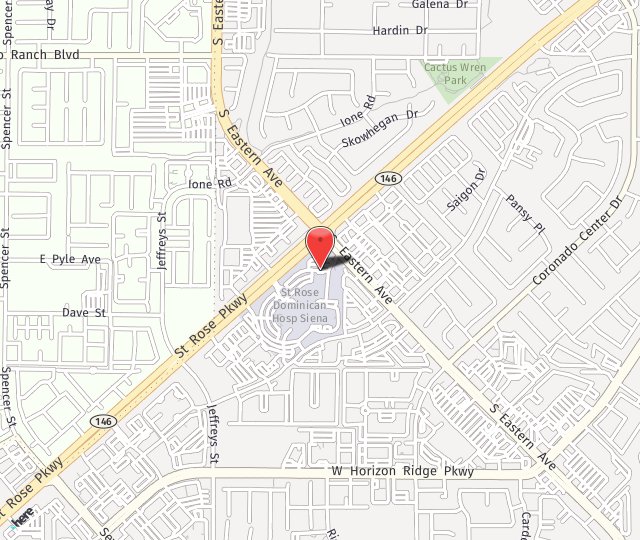In planning for any upcoming surgery, we always hear questions about what kind of diet to follow before and after surgery. Good nutrition before embarking on any surgical procedure is a must to ensure proper healing. Aggressive dieting right before surgery is not a good idea. Patients on weight loss medications also need to stop those medications at least 2-3 weeks before surgery to avoid complications with surgery and anesthesia. So follow your normal healthy diet leading up to several days before surgery.
As your surgery date approaches, realize that general anesthesia, pain medications, and relative immobility can cause nausea, vomiting, reflux, and constipation in susceptible individuals. Therefore, try to avoid heavy meals that take long to digest several days before surgery. High fat foods, fast foods, heavily processed foods, and overconsumption of food in general can slow gastrointestinal (GI) transit time and these foods can remain in your intestinal tract for more than two days. Some surgeries are more prone to GI side effects than others. For example, abdominoplasty or tummy tuck surgery, mommy makeovers, Brazilian butt lifts, buttock lifts, thigh lifts, or any surgery under general anesthesia lasting over 3 hours can slow down your bowels. Patients undergoing facial surgery usually have fewer problems.
A multivitamin and Vitamin C are helpful, but avoid any other additional vitamin or herbal supplementation. Colace, an over the counter stool softener, can be taken before and after surgery, but avoid oral laxatives. Bromelain, an enzyme found in pineapples, is thought to have benefit in reducing swelling and inflammation, but evidence supporting this claim is lacking. It appears to have most benefit in patients with arthritis, and not those undergoing elective plastic surgery procedures.
In the early post operative period, staying well hydrated with electrolyte solutions is very important. Gatorade, PowerAde, Propel, Cytomax, and Allsport all are fine. As nausea is quite common, try to keep as much fluid down as possible and not just plain water. If you are a regular coffee drinker, continue black coffee or coke to avoid caffeine withdrawal and a headache. Carbonated beverages are fine. Patients undergoing tummy tuck surgeries or longer surgeries under general anesthesia can develop what is called an Ileus after surgery. This means that the normal peristalsis in your intestines slows or stops, evidenced by burping, bloating, and no passage of flatus. Stay on clear liquids in this situation; clear broths, Jell-O, and any liquid you can see through. Again, black coffee or coke is fine for regular caffeine users. An occasional cracker is fine to help get down your prescribed medicines. Once your GI tract wakes up, which can be anywhere from 2-4 days, evidenced by regular flatus, you can advance your diet to soft foods. Yoghurts are great because they are high in probiotics, and are protective to your intestinal tract if you are on antibiotics. Foods high in fiber such as prunes and beans, cereals, kiwi, and pears help. Avoid too much dairy, red meat, and chocolate. Once you have had a bowel movement, you can resume a normal healthy diet. Remember, your activity and exercise regimen will be interrupted as part of your recovery. Try not gaining weight because of your inability to partake in your usual fitness activities. Stay on a healthy, well balanced diet. Keep in mind that weight gain can negatively influence the results of many body-contouring procedures.
Plastic surgery or any surgery for that matter can affect your bowel function to various degrees, depending on the nature of your procedure, the type of anesthesia, and your overall health and regularity. It is important to always follow your doctor’s dietary instructions after surgery. Expect pain medicine to contribute to constipation, so weaning your pain pills is just as important as following your dietary instructions. Don’t over think it either, which only contributes to anxiety. Sometimes there is just no way around having a bad day sitting on the toilet until things pass and return to normal.

